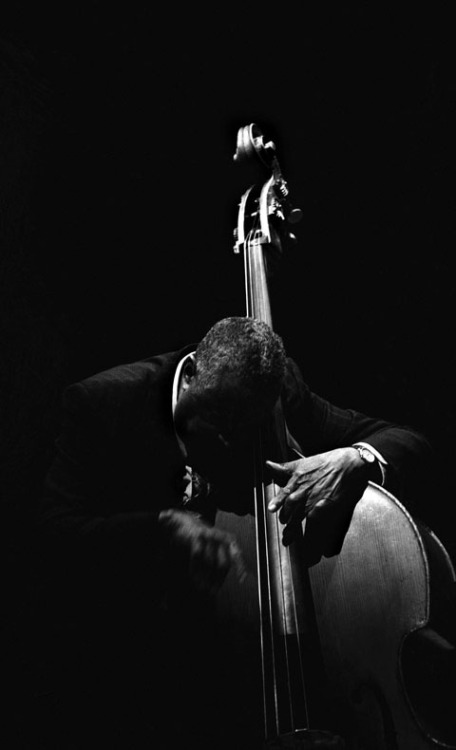I originally started this conversation on the
All About Jazz forum, and was surprised at the consensus that all musicians would benefit from learning some drums. Here is the original question that I posed:
"So most jazz musicians agree (myself included) that drummers should
learn some piano in order to better understand what is going on around
them, and have a more well-rounded approach to music generally. It is
easy as a drummer to succumb to a kind of rhythmic tunnel-vision, and
piano can help mitigate that by forcing drummers to focus on melody and
harmony.
So here is my question, couldn't the same thing be true for other
instruments? That is, shouldn't other instrumentalists learn some drums
in order to better understand what is going on around them, and have a
more well-rounded approach to music generally? I think that everybody
intuitively agrees that rhythm is of particular importance in jazz
music, "It don't mean a thing if it ain't got that swing". So why do so
few other instrumentalists learn how to play drums? "
What do you guys think? Should other instrumentalists learn some drums? If yes, what are the benefits? If no, why not? Post your answers below.






